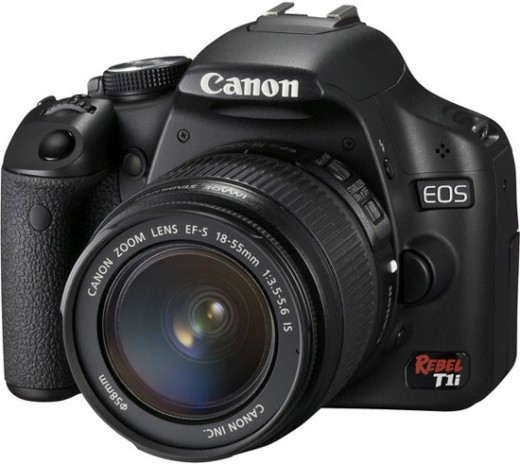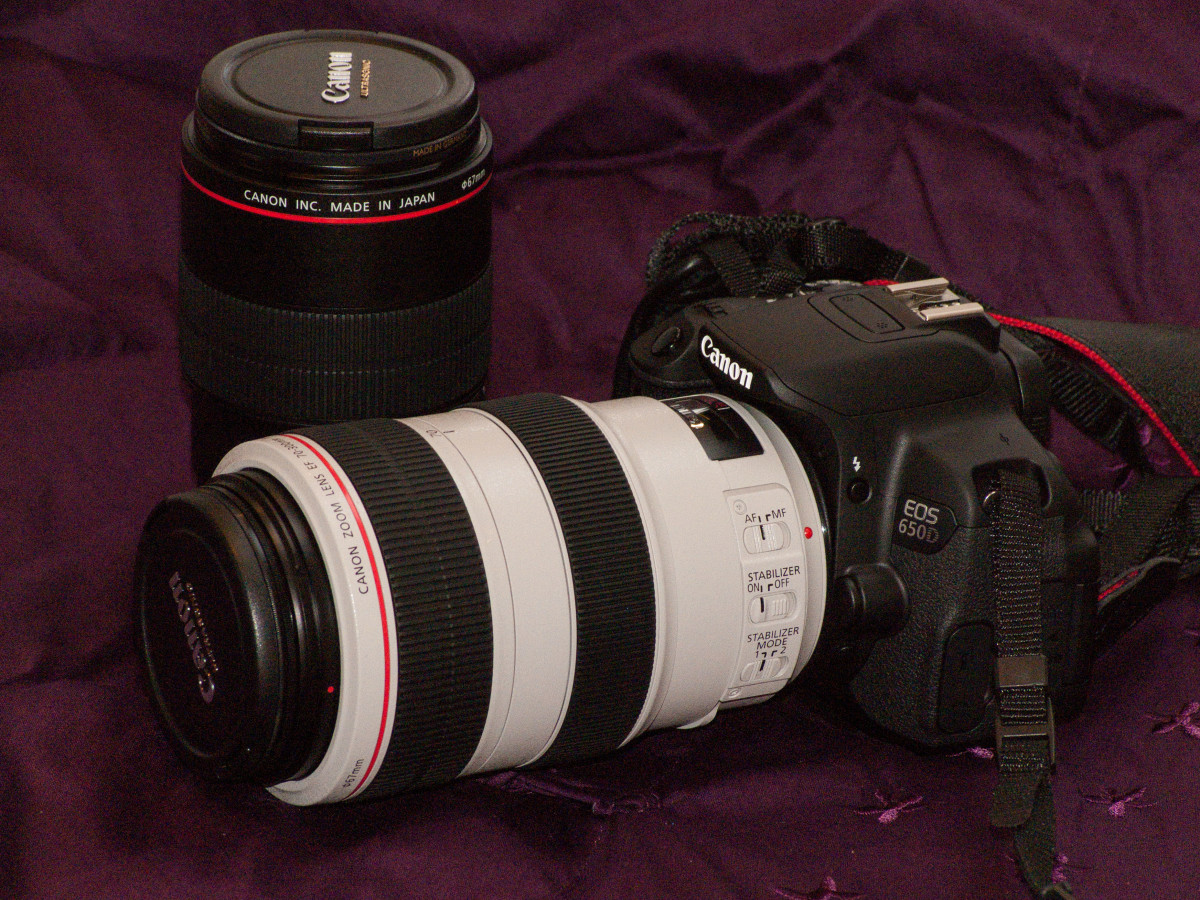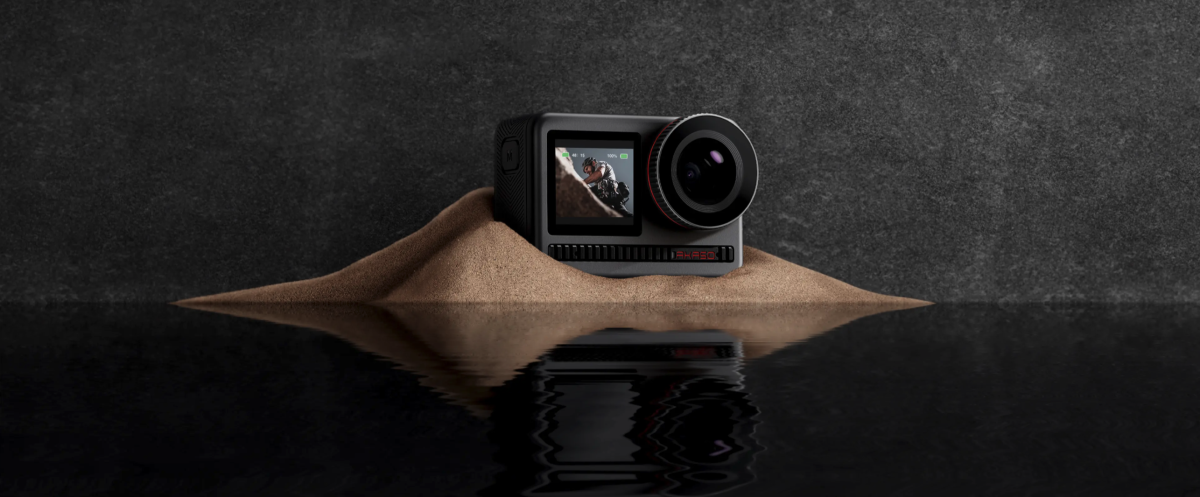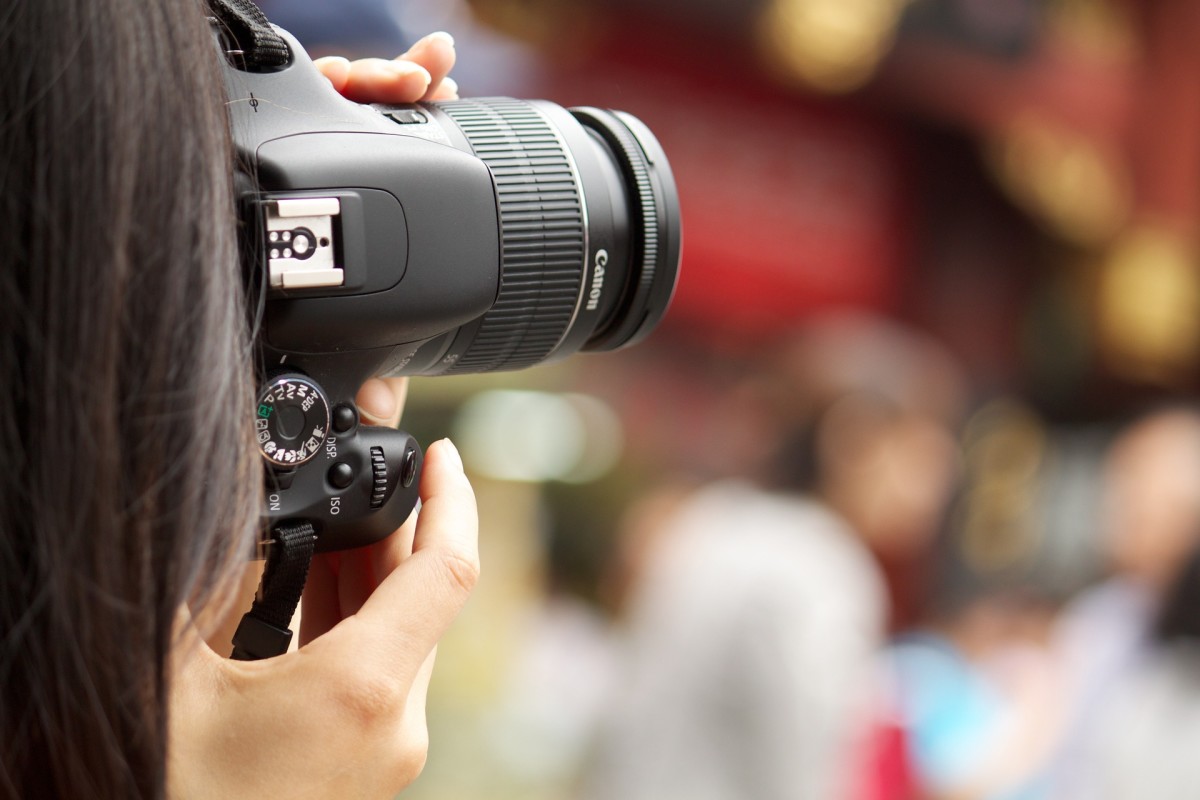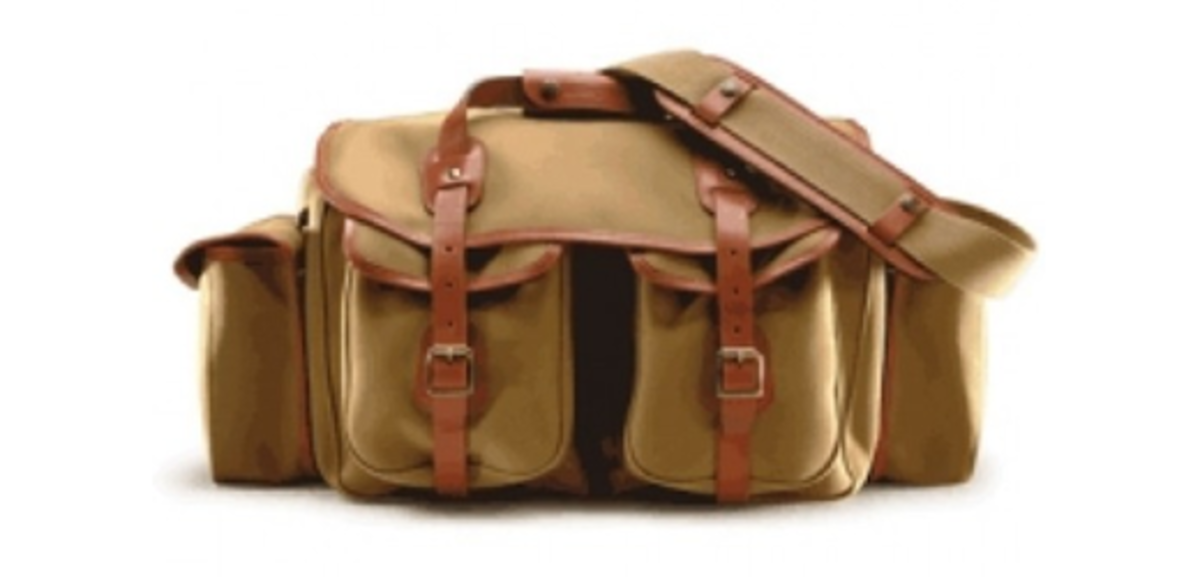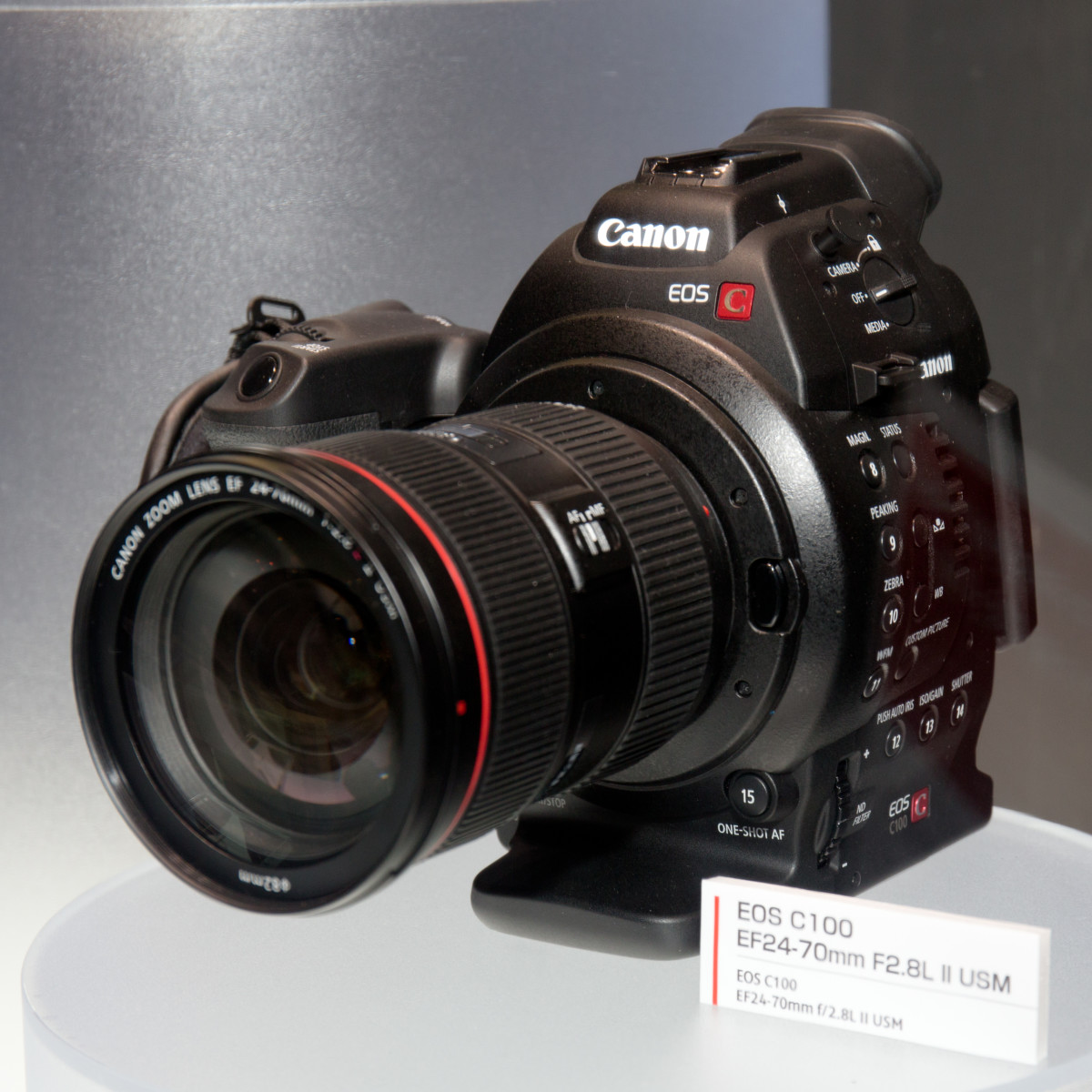- HubPages»
- Technology»
- Consumer Electronics & Personal Gadgets»
- Portable Electronics»
- Digital Cameras
Best Accessories for your New DSLR Camera
So you've went out and finally bought yourself that digital SLR you've had your eye on for months. Now comes the fun, tedious, and sometimes expensive task of picking out the right accessories for your new baby.
If you do your homework right, you'll only have to buy these accessories once and they'll last you for as long as you have your camera, maybe longer. Consider these as an added investment to your already hefty investment of a DSLR. Spend the extra few dollars to buy the name brand item that fits perfectly with your particular camera. I realize eBay is filled with cheap knockoffs, but spend the extra money now to avoid an expensive hard ache later.
This list is not necessarily all inclusive, and everything may not necessarily be something you'll need, but it is a starting point for you as you begin your journey as a photo hobbyist. If any of you out there notice something that I have left out, feel free to leave a comment and let me know. All comments are greatly appreciated!
A Good Tripod
It doesn't matter how young you are or how steady you think your hands are, at some point you are going to experience 'camera shake'. A good tripod is an invaluable tool to add to your photography arsenal. You're going to love the stability that a tripod offers.
Be sure to get a tripod that is tall enough that you can comfortably use. I'm over six feet tall, and I don't enjoy having to bend over every time I take a picture. Therefore, a tripod that is designed for a taller person is much desired. Keep that in mind when you're shopping. If you're going to be traveling a lot to take photographs, keep that in your mind as well. You don't want to be carrying around a lot of extra weight while hiking mountains or doing extending walking trips.
Also, if your budget allows it, try to buy the best model you can afford. Manfrotto makes some of the best tripods out there, but they are are pricey. However, they are worth every bit of the price. The first tripod I bought was a cheap model from Best Buy (I think I sprung for the $30 model). That was a mistake. That flimsy thing felt like it was one bump away from breaking in half. You just spent a small fortune on your DSLR, you don't want it sitting on top of a pile of plastic that is just minutes away from falling over and ruining your camera.
If you need a smaller sized tripod, check out Joby. They are much better quality than those cheap table top models and are reasonably priced.
DSLR Lens Cleaner
Your prints are a direct result of want your lens sees. Those prints are not going to look their best if you have little specs of dust, lint, and finger prints all over it. Your lens is a magnet for all sorts of debris so get yourself a lens cleaning kit to clean it all up. You should clean your lenses on regular basis to avoid any kind of build up from significantly accumulating. I use a lens pen cleaner that has a soft brush on the end to brush away all the dirt. You can also get a kit that comes with a liquid cleaning solution that also works wells. Both are inexpensive but a must-have. Also, just don't buy the kit, actually use it. Your photographs will reflect your clean lens.
Extra Battery or Battery Grip
You don't ever want to be out on a photographic opportunity and see the dreaded 'Low Battery' message. Dead battery = No pictures. You have two ways to avoid this dilemma: buy an extra battery or splurge on a battery grip.
Buying an extra battery is the cheapest solution and will work fine when you're battery runs out. The downside to using just an extra battery is that you will have to take time to turn the camera off, replace the dead battery with a fresh one, and then power on again. In all honesty, most situations you will be in will allow for this method. However, if you're into shooting sporting events or even wildlife, that minute or so you spend taking your camera apart could be the same minute something awesome happens. You don't want to be kicking yourself for missing that diving touchdown pass or those deer that just ran by.
If you have the disposable income, go ahead and get the battery grip. The grip will allow you to keep two batteries attached to your camera. As soon as one goes down, the other one is there to keep your camera powered up. This doubles your shooting capabilities without the hassle of having to swap batteries or even keep up with the spare battery. Not a necessity, but definitely a worthwhile luxury. I love mine and am so glad I talked myself into buying one.
Travel Charger
While we're on the subject of keeping your camera charged up, this is a great time to mention a travel charger for your camera. Having a travel charger will ensure you are able to recharge your batteries while you're on vacation or riding to your next photography destination.
If you aren't interested in spending the money on a dedicated camera travel charger, you can do like I ended up doing. I bought a power inverter to use in my car. I can plug the inverter into my cigarette lighter and then plug my regular camera charger into the inverter. The power inverter is a great accessory to have in your vehicle and not just for your camera. I've used my inverter to recharge my phone and my laptop while on the road. Make sure you buy a big enough inverter to power up all the electronics you intend to use with it.
UV Filter
If you do a lot of shooting outside this is a must-have item. A UV filter is designed to reduce the UV radiation coming from the sunlight that the human eye does not see. Shooting without one can result in a bluish haze on your photos.
I learned about this the hard way. I took a trip to the Grand Canyon a few years ago. I thought I had taken some incredible photos, but when I loaded the photos onto my laptop I was very disappointed. Nearly all the photos I had taken had a haze to them. I had never thought about the UV light messing up my photos, but this filter will reduce most, if not all, of the haze.
Another added feature the UV filter will provide is that it acts like a lens protector for your lens. It keeps a large majority of the dust a debris off of your lens. Also, if by some freak accident, you happen to drop your camera, the filter may help protect your expensive lens from becoming damaged. It's a lot cheaper replacing a filter than a new lens.
While you are shopping for a UV filter, don't get cheap here. The filter is going to go on the end of the lens, so you don't want a cheap imitation filter screwing up your lens. A good filter will last as long as your lenses do, so go with quality. Avoid those no-name brand filter on eBay. Go with a filter from your camera manufacturer or with Hoya. Hoya is a good third party manufacturer of these filters. You'll pay a bit more up front, but it's worth it.
Camera Bag
This is probably the most important item you can have and you should put it on top of your to-buy list. It's that important. I realize that Canon and Nikon may have thrown in a free camera bag when you purchased your camera. The problem is that those bags aren't really built to last a lifetime.
You need something sturdy and made of durable quality. The camera bag is something that is going to protect your camera and lenses while you are traveling. DSLR's are fragile devices, so you want something that can protect it from the bumps and dings it may experience along the way. You also need one that is big enough to allow you to grow as your lens collection grows. You'll want one bag that can hold not only your camera, but all your lenses, filters, batteries, etc.
Here is another purchase where you don't want to skimp. You're easily going to be carrying $1,000+ worth of equipment in this bag, so the better the bag, the better the insurance you have. Lowepro and Case Logic make great bags. Keep them in mind when you're shopping, you get what you pay for.
LCD Protector
This is something you don't have to budget for before you buy since it is so inexpensive. However, don't over look it. The LCD of your camera is going to get used often and you don't want to be viewing it through a thousand tiny scratches a year or so from now. For less than $5 you can protect your LCD screen. It's cheap insurance, so why not buy it? The little piece of film will protect your screen from not only scratches, but from the oils that will come off your cheek while you are looking through your viewfinder. So go ahead and put it on your weekend shopping list.
